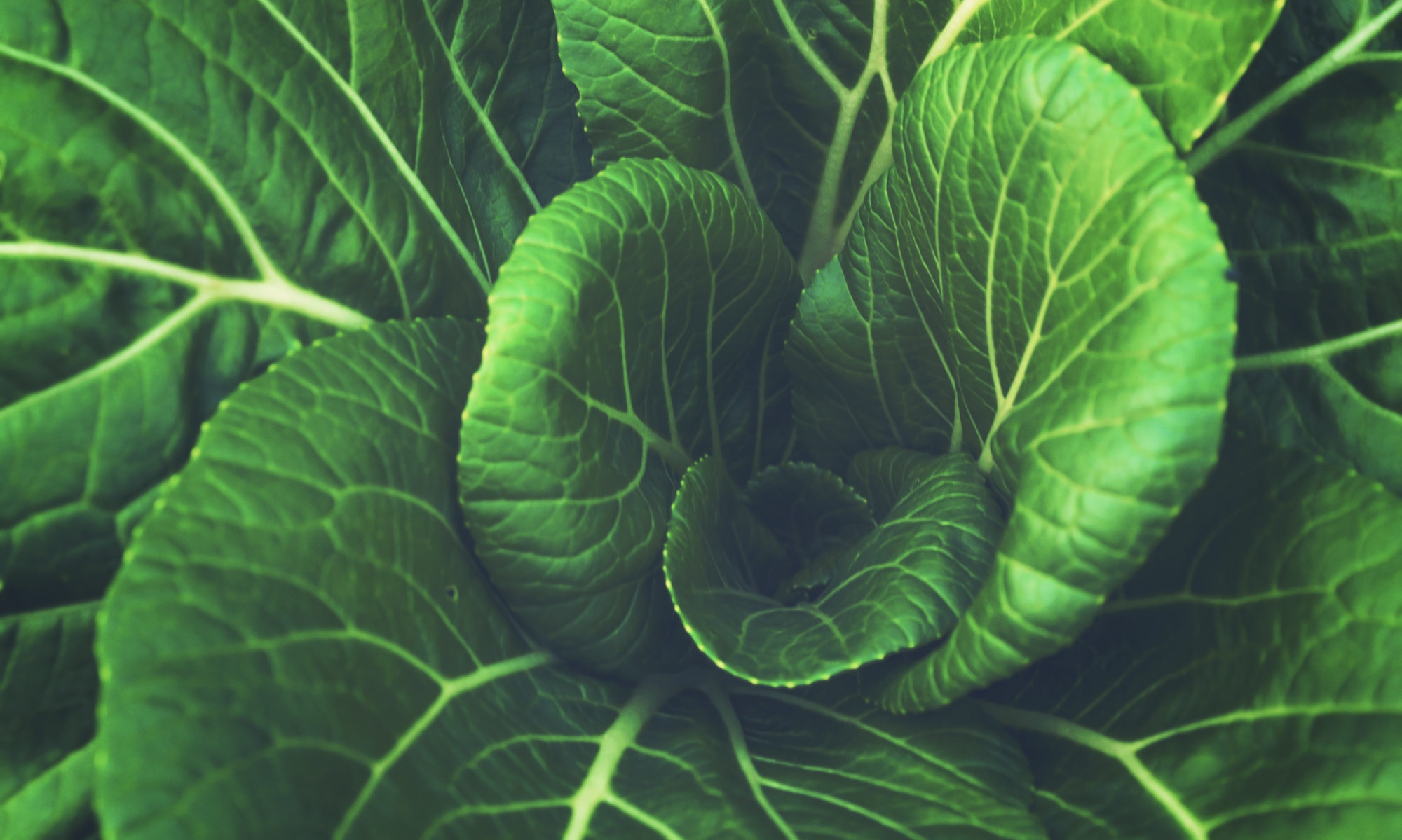Sleep Pressure and Drugs: Melatonin and Adenosine
Our bodies use two main systems to induce sleep. The first system involves following our circadian rhythm. At a certain time each evening, our bodies release a wave of melatonin. The function of melatonin is to prepare the brain for sleep. It does not induce sleep. The job of this hormone is to simply activate the regions of the brain that will be active during the night. As a result, melatonin supplements do not make sleep come more easily.
The rise of melatonin usually makes us feel fatigued and we get the urge to lay down. However, after civilization became industrialized, humans actively resisted this urge. As a result, people slept later, after the melatonin had subsided. This makes it harder to sleep and lowers the quality of sleep these individuals receive, since the brain is no longer primed so late at night. The reason we can still fall asleep so late is due to the second mechanism: sleep pressure.
Sleep Pressure
Sleep pressure is controlled via negative feedback. As we remain awake, our bodies burn energy to function. This process generates large amounts of a compound known as adenosine (the “A” from ATP). As adenosine builds up, we get more and more sleepy until our brains are saturated with it. At this point all the adenosine receptors are bound to this chemical and we can no longer resist the urge to sleep. When we do fall asleep, our bodies are able to flush out the adenosine, so that we can begin the next day completely awake.
Caffeine
Of course, since we are a species that stubbornly refuses to sleep, we have discovered a successful drug that can combat this sleep inducing urge: caffeine.
The way caffeine works is simple. Once it enters our bloodstream, it travels to the brain. There, the drug easily passes through the blood-brain barrier and begins collecting around our neurons. Here, it binds to the adenosine receptors before the adenosine can and blocks the sleep signal from being broadcasted. As a result, we do not feel sleepy even late at night after drinking coffee. Since caffeine has a half life of 8 hours in most individuals (the liver enzyme’s “speed limit”), 25% of the caffeine in your morning coffee is still blocking your sleep signal when it’s time to rest. Of course, when this drug wears off, a crash is inevitable. To avoid this, people drink more coffee, creating a vicious cycle of caffeine addiction.



One Reply to “Why We Sleep: An Underappreciated Mechanism”
Comments are closed.